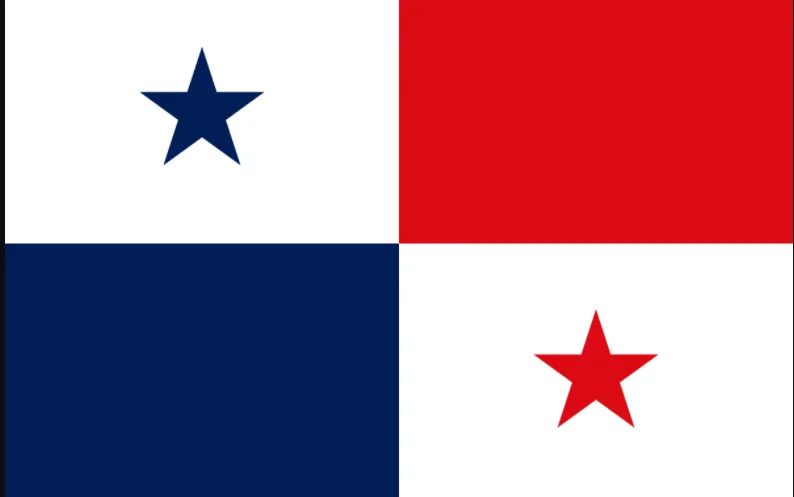A new bill in Panama seeks to recognize Bitcoin as a legitimate alternative payment mechanism and to grant individuals the freedom to utilize cryptocurrency.

Against the backdrop of Bitcoin (BTC) becoming legal cash in El Salvador, another Central American country is making strides toward enabling the freedom to utilize cryptocurrencies such as Bitcoin and Ether (ETH).
Earlier this month, the Republic of Panama submitted a measure to regulate cryptocurrencies. The plan aims to make Panama “compatible with the blockchain, crypto assets, and the internet.”
According to Gabriel Silva, a pro-crypto lawmaker from Panama, who announced the news on Twitter, the new legal initiative has the potential to create thousands of new employment, attract new investment sources, and make the government “more transparent.”
It is intended that crypto assets such as Bitcoin would be recognized as an alternative global payment mechanism for “any civil or commercial operation not prohibited by the legal system of the Republic of Panama,” according to the draft bill paper given by Silva.
A key point made by the bill’s authors is that cryptocurrencies allow for quick and low-cost payments, which allows them to complete a financial transaction “regardless of how far apart the parties are located or how large the transaction volume is.”
In contrast to the government of El Salvador, which has mandated that local businesses take Bitcoin in exchange for products and services in addition to the United States currency, Panama’s new crypto bill does not plan to impose mandatory Bitcoin adoption on local businesses.
Instead, the legislation asks for the legalization of the usage of cryptocurrencies such as Bitcoin and Ethereum in Panama, according to the local television network Telemetro.
A multidisciplinary team, comprising industry and technological professionals, worked with Panamanian residents to develop the new draft bill, according to Silva. He explained that the legislation was drafted in accordance with essential criteria supplied by international organizations such as the Financial Action Task Force.
More countries in Central America are entering the cryptocurrency market as a result of El Salvador’s decision to embrace Bitcoin as an official currency.
On August 31, a firm in Honduras reportedly installed what is believed to be the country’s first Bitcoin ATM, which allows users to purchase bitcoin and ether with their local fiat money, the lempira.
